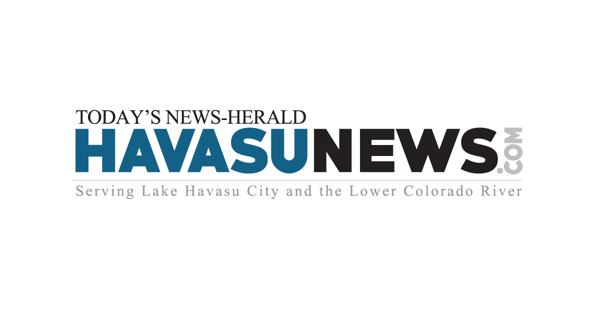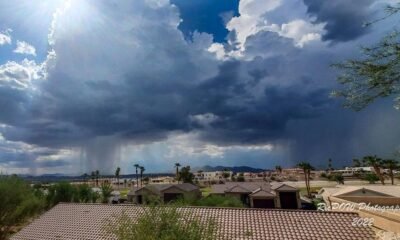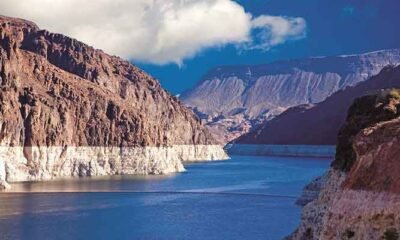Politics
Arizona’s Native Americans: The Underdogs That Could Decide the Election

On a scorching Saturday in Phoenix, approximately 40 Native American leaders convened at an art gallery adorned with banners reading “Native Americans for Harris-Walz.” Democratic Senator Mark Kelly addressed the crowd with a straightforward query: were any attendees undecided about their voting plans? Silence ensued, followed by a chorus of raised hands when he asked who intended to vote in November. “Early!” one woman exclaimed, highlighting the urgency.
Kelly, a former astronaut, emphasized the significance of this election. “This election could come down to Arizona,” he noted, urging attendees to recognize their potential as pivotal voters. Across the state, Native American activists are mobilizing to ensure their communities participate in what could be a narrow electoral outcome.
Susanna Osife, 22, a representative of the Gila River community, articulated the collective responsibility. “We’re thinking today, but think for our future,” she stated, underscoring the importance of securing resources for future generations. Her commitment focuses on registering young voters to address critical issues like land, water, and healthcare.
The Democratic Party is intensifying efforts to engage Native American communities ahead of Monday’s registration deadline. According to the U.S. Census, Indigenous individuals account for roughly 6% of Arizona’s population—exactly the margin by which President Biden won the state in 2020. Historical patterns suggest they predominantly support Democratic candidates.
Data from High Country News reveals strong backing for Biden among tribal voters in 2020, with precincts in Navajo Nation showing support levels from 60% to 90%. The upcoming 2024 election also coincides with the centennial of the Indian Citizenship Act, a landmark achievement for Indigenous rights, following decades of restricted voting rights even after the act’s passage.
Activist Allie Redhorse Young highlighted the importance of understanding this historical context. Her six-day horseback journey across Navajo Nation aimed not only to promote voting but also to reinforce respect for Indigenous heritage. Young emphasized the obligation to consider the impact of current actions on future generations, framing voting as a necessary sacrifice.
In the Gila River community, Governor Stephen Roe Lewis is actively organizing voter registration events amid his usual duties. He noted the importance of engaging Indigenous people for outreach efforts, as community trust is crucial. “What I’ve seen is an amazing amount of coordination among all of the 22 tribes,” he remarked.
To entice potential voters, Lewis has combined community gatherings with voter registration initiatives. At a recent event, over 200 attendees enjoyed food, music, and art, while also registering to vote. One participant, Javonni Molina, highlighted her family’s emphasis on voting, stating, “You can’t complain if you don’t vote.” Her boyfriend, initially undecided, ultimately registered, making him one of 25 new voters that day.
Overall engagement and turnout in Native communities have seen improvement; the Associated Press noted nearly 60,000 ballots cast on Navajo and Hopi reservations during the last presidential election, up from about 42,500 in 2016. This year, Navajo leaders have shifted tribal election dates to coincide with Arizona’s primaries to boost participation.
Jonathan Nez, a candidate for Congress in Arizona’s 2nd District, also reflects on the urgency of these efforts. If elected, he would be Arizona’s first Indigenous member of Congress. “We’re actually helping them,” Nez said, referring to the engagement in the presidential race, emphasizing the reciprocal nature of voter influence.


















